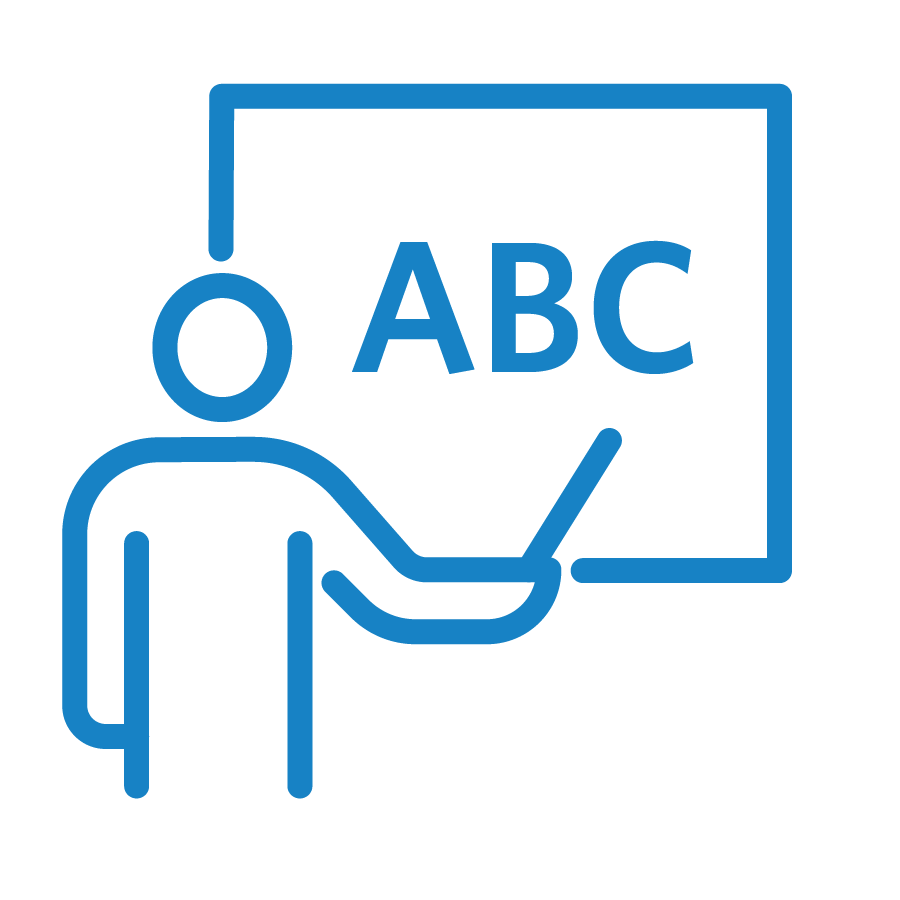Filter resources by:
Select a filter from the drop down menu to apply the filter. Page reloads upon selection

Dec 19, 2019
What is Dyscalculia?
The ability to acquire arithmetic skills without being explicitly taught to do so is based on an innate capacity to make meaning from numeracy information in our experiences. For example, counting, adding, comparing, and understanding quantities develop naturally without formal schooling, but exposure in home settings (Shalev, 2001). It is also understood that we have
Read Strategy
Dec 12, 2019
Strategies for Teaching Question Types
Throughout their day, students are asked to read, listen, ask questions, follow directions, and answer questions. The questions presented to them come in many forms: matching, multiple-choice, fill-in-the-blank, true/false, short answer, or essay. These questions can be part of a formative or summative assessment or standardized testing. Teachers ask questions to check students’ understanding of
Read Blog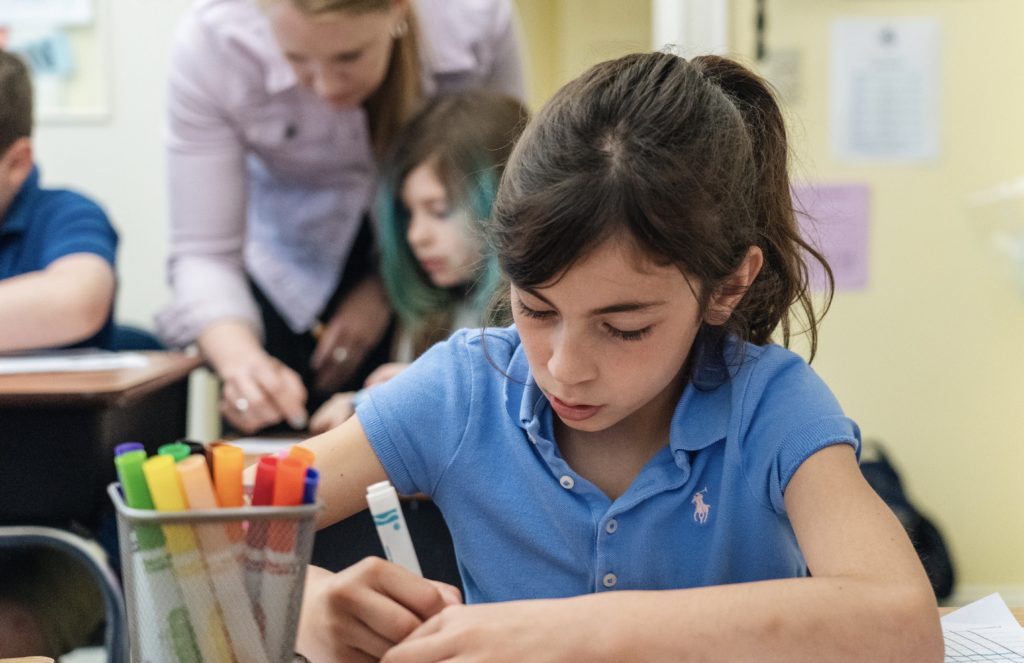
Nov 11, 2019
The Trifecta: Executive Function, Anxiety, and Self-Regulation
Executive function (EF) is the set of mental processes that enables a person to plan, focus attention, remember instructions, and follow multiple steps or tasks in order to reach a goal.1 Many think of executive functioning as the “CEO” of our brain.2 Some even use an image of a sticky note; people with strong EF
Read Blog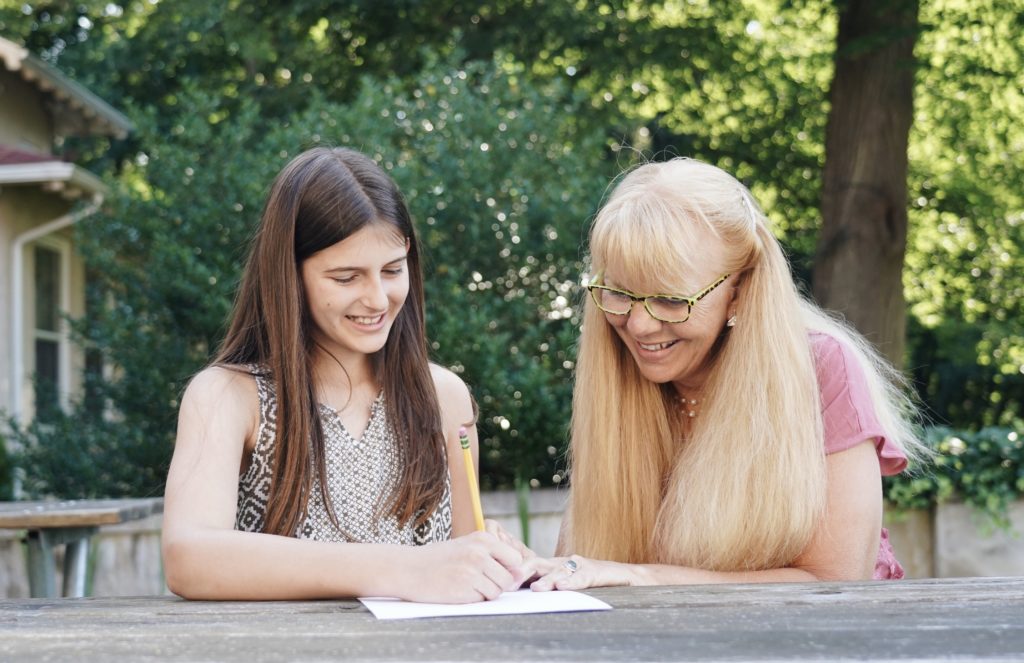
Oct 21, 2019
My Favorite Teachers: A Reflection for Dyslexia Awareness Month
by Keryn Kwedor
Read Blog
Sep 23, 2019
Prerequisite Comprehension Skills
Students who have strong reading comprehension skills are often able to: Make connections to previously learned material Generate questions Create mental images Make inferences Determine importance Synthesize information Automatically apply fix-it-up strategies Students with a specific learning disability (SLD), such as dyslexia, may struggle with comprehending what they read because of weaknesses with the phonological
Read Strategy
Sep 23, 2019
Mathematical Mindsets
Jo Boaler, a British education author and a professor of mathematics education at Stanford Graduate School of Education, has completed extensive research on how we learn math from early infancy through adulthood. By studying parts of our brain where math facts are held and manipulated, she concludes that many of the methodologies currently used to
Read Strategy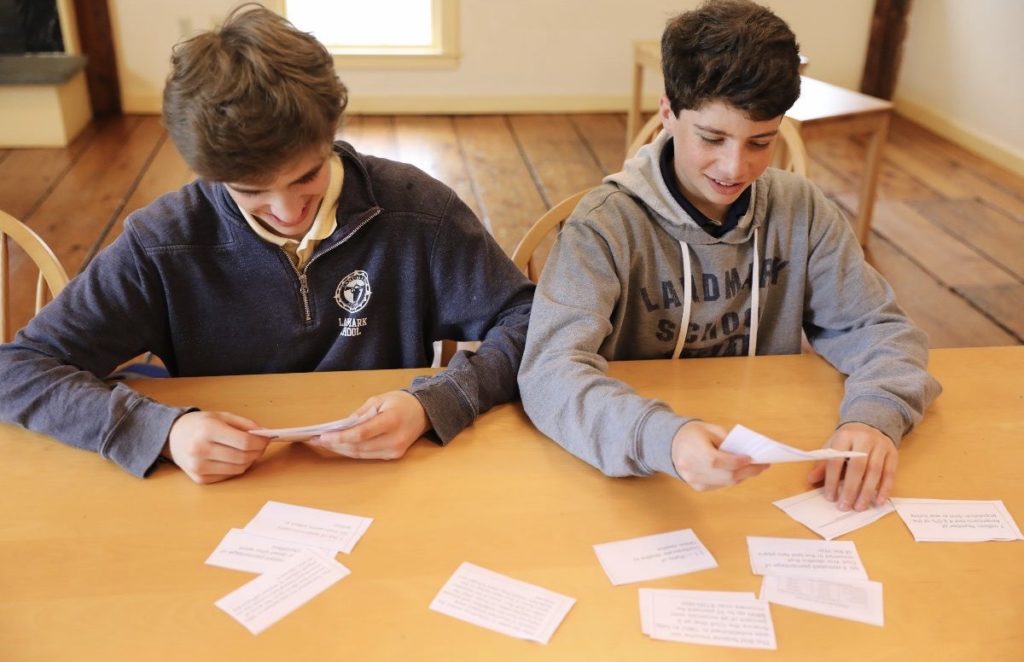
Sep 22, 2019
Effective Use of Context Vocabulary
Vocabulary words are most useful to students when they recognize them in their reading and can use them in their writing. Therefore, it is important to introduce students to unfamiliar words before they are exposed to them in a text. If students come across an unfamiliar word while reading, they are more likely to wonder
Read Strategy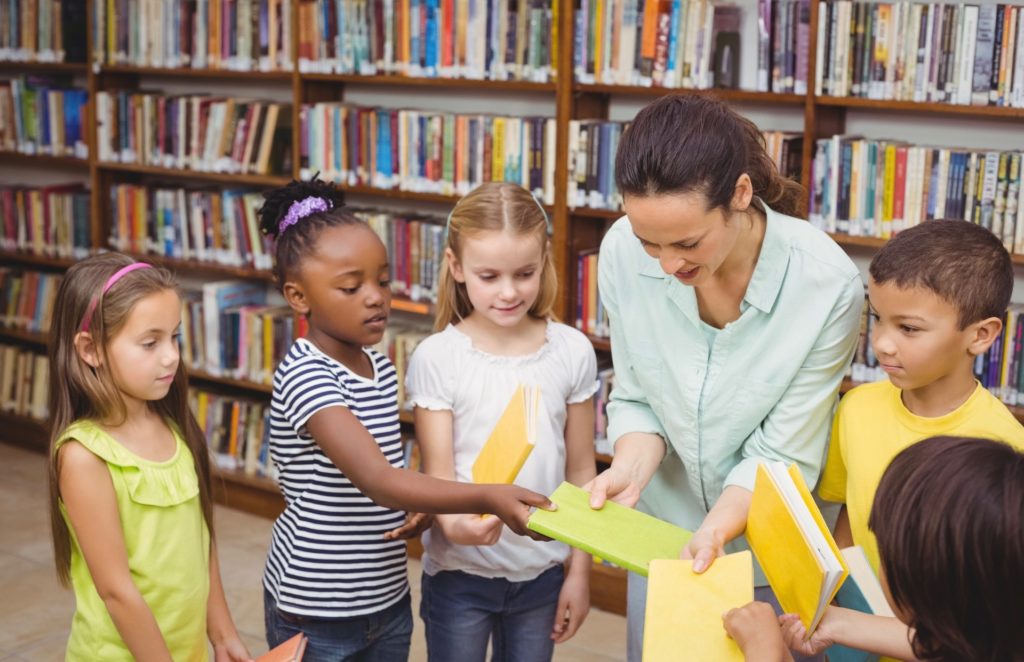
May 28, 2019
Assigning and Working Through Research Projects: Study Skills in Early Elementary School
As teachers, we have all been faced with the challenge of engaging our learners in shared research. This activity has always been challenging for me: what will my students get out of the project, who is doing the actual research, and what the end result will look like? Again, I have really shifted my way
Read Blog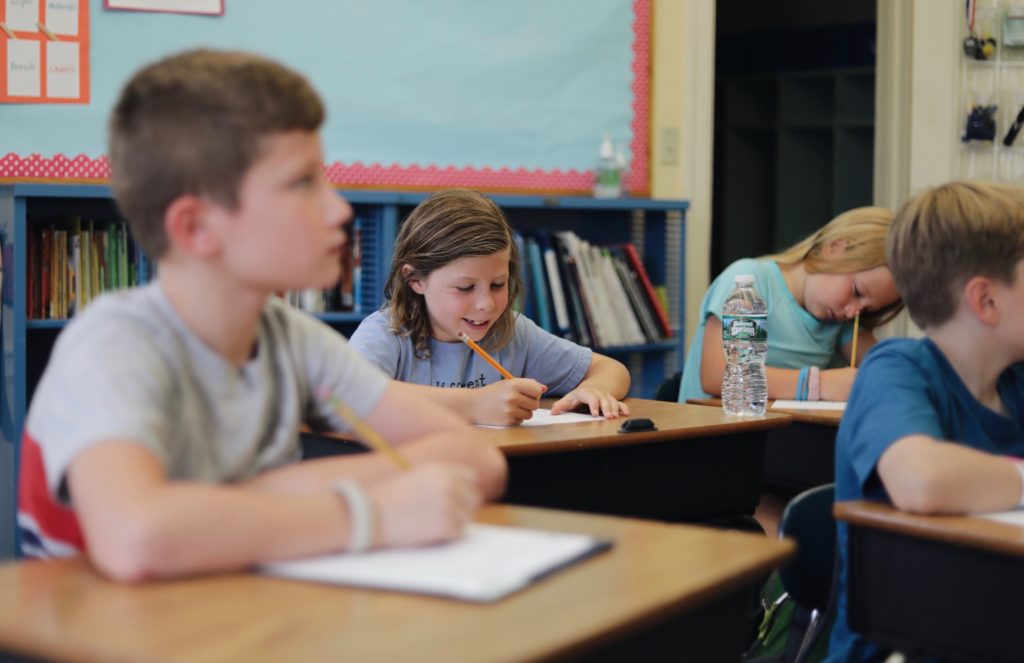
May 5, 2019
Creating Richer Personal Narratives: Creating Positive Student Outcomes in Middle School Special Education:
Each year, I do a personal narrative writing unit with my seventh grade students. There have been years where I’ve received some really moving, thoughtful narratives…. and years where a student tells me the only event he can think of to write about was the time he accidentally shaved off part of an eyebrow. (Yes,
Read Blog